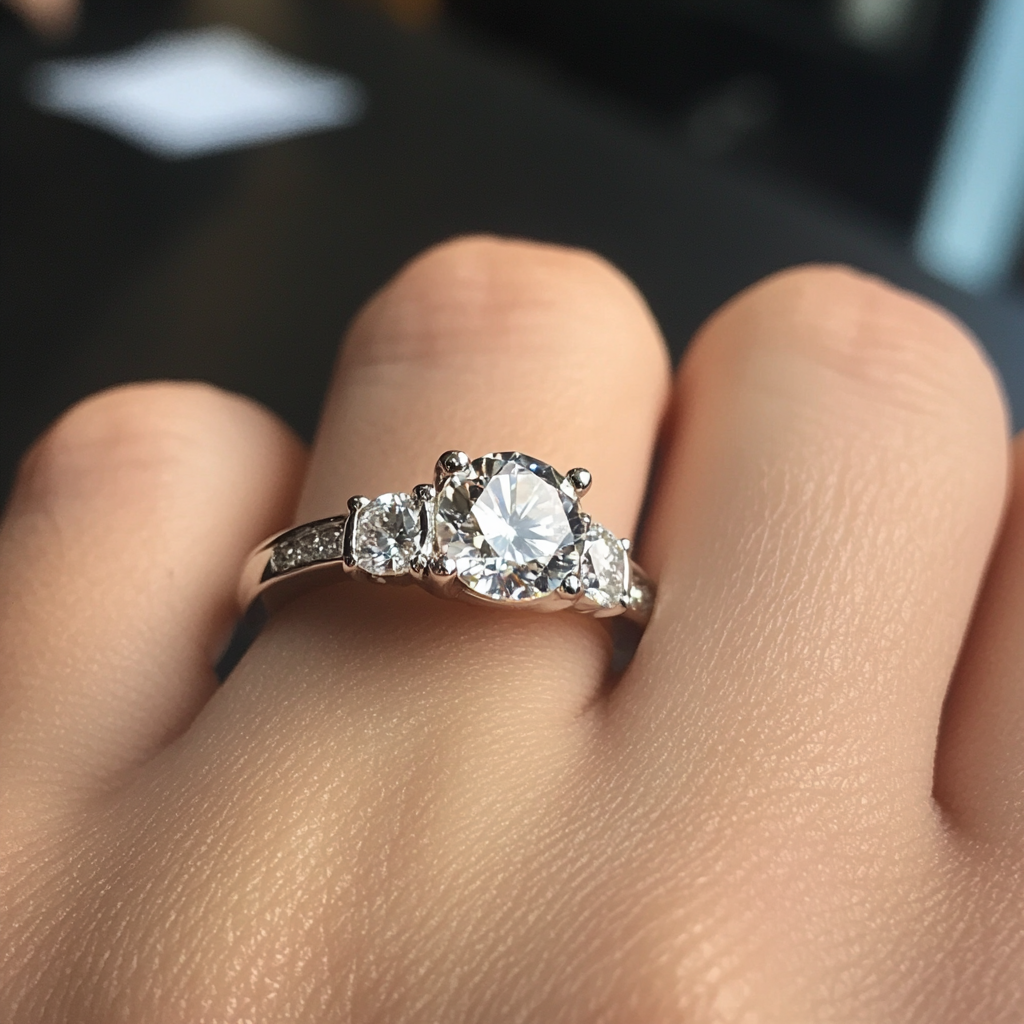P
PierreBear
Guest
Hi PSers,
Has anyone watched the What the Health documentary on Netflix? I have family who just switched to the vegan diet recently because of this information. I decided to watch it just to be informed and understand them better. It wasn't much different from all the other health documentaries out there. I wasn't surprised by this information but it did scare me. Are there any nutrition/medical experts out there to provide some insight on it? I wish there was a documentary that would have rebuttals or explain the other story as I always feel like there are two sides to every story. Would appreciate some thoughts!
I personally try to eat as much veg as possible but I do still enjoy my meats/dairy/sugar etc. I just keep "bad" items to a minimum. Or is the bigger question, is it worth it to consume the items you like for quality of life but just understand it is at the expense of possible health issues?
Thanks in advance!
Has anyone watched the What the Health documentary on Netflix? I have family who just switched to the vegan diet recently because of this information. I decided to watch it just to be informed and understand them better. It wasn't much different from all the other health documentaries out there. I wasn't surprised by this information but it did scare me. Are there any nutrition/medical experts out there to provide some insight on it? I wish there was a documentary that would have rebuttals or explain the other story as I always feel like there are two sides to every story. Would appreciate some thoughts!
I personally try to eat as much veg as possible but I do still enjoy my meats/dairy/sugar etc. I just keep "bad" items to a minimum. Or is the bigger question, is it worth it to consume the items you like for quality of life but just understand it is at the expense of possible health issues?
Thanks in advance!



300x240.png)